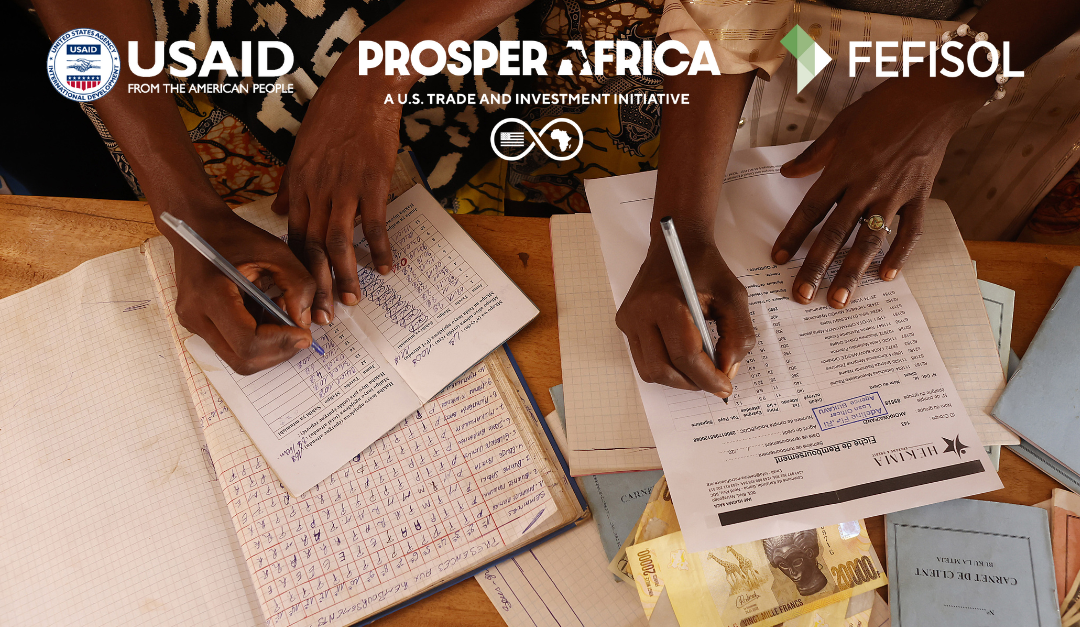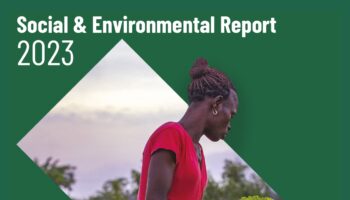
SIDI is very pleased to announce that USAID – US Agency for International Development – and Prosper Africa – US government’s initiative to increase trade and investment with African countries – have approved a grant for FEFISOL II to help the fund mitigate currency risk on its local currency portfolio.
FEFISOL II is the investment fund backed by SIDI and Belgian investor Alterfin. Managed by Inpulse Investment Manager, FEFISOL II is dedicated to financing African rural microfinance institutions and agricultural entities sourcing from small producers in Africa.
FEFISOL II is a highly additional fund focused on sub-Saharan Africa, targeting the poorest and most unequal regions, often deemed too risky by traditional investors. It aims to support vulnerable populations, particularly women and rural inhabitants, by financing microfinance institutions to enhance financial inclusion, reduce poverty and generate employment. The fund also supports small agricultural entities to strengthen agricultural value chains and improve food security. FEFISOL II offers flexible debt products to meet diverse financial needs, and provides technical assistance to strengthen organizational capacities and support their social missions.
This grant provided by USAID and Prosper Africa will allow the fund to further develop its microfinance portfolio in Africa, and support FEFISOL II in its efforts to raise capital for the third and last closing, targeting to reach a size of €30 million. With this grant, USAID, Prosper Africa and FEFISOL II aim to enhance trade, investment and the business environment across the African continent by strengthening agricultural value chains, creating rural employment, increasing local value-added markets, reducing climate change vulnerability and, ultimately, contributing to the continent’s sustainable economic growth.
USAID and Prosper Africa’s contribution complements other blending mechanisms secured by the fund in 2023 with DFC – U.S. government’s development finance institution – and the Aceli Africa program. Given the amplification and overlapping of risks in Africa, it is crucial to rely on such risk-sharing mechanisms for a fund dedicated to financing rural microfinance and smallholder farmer organizations.


